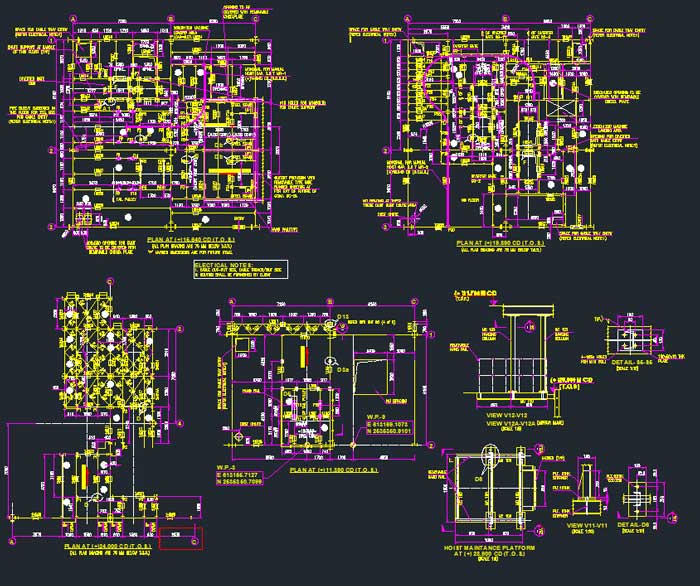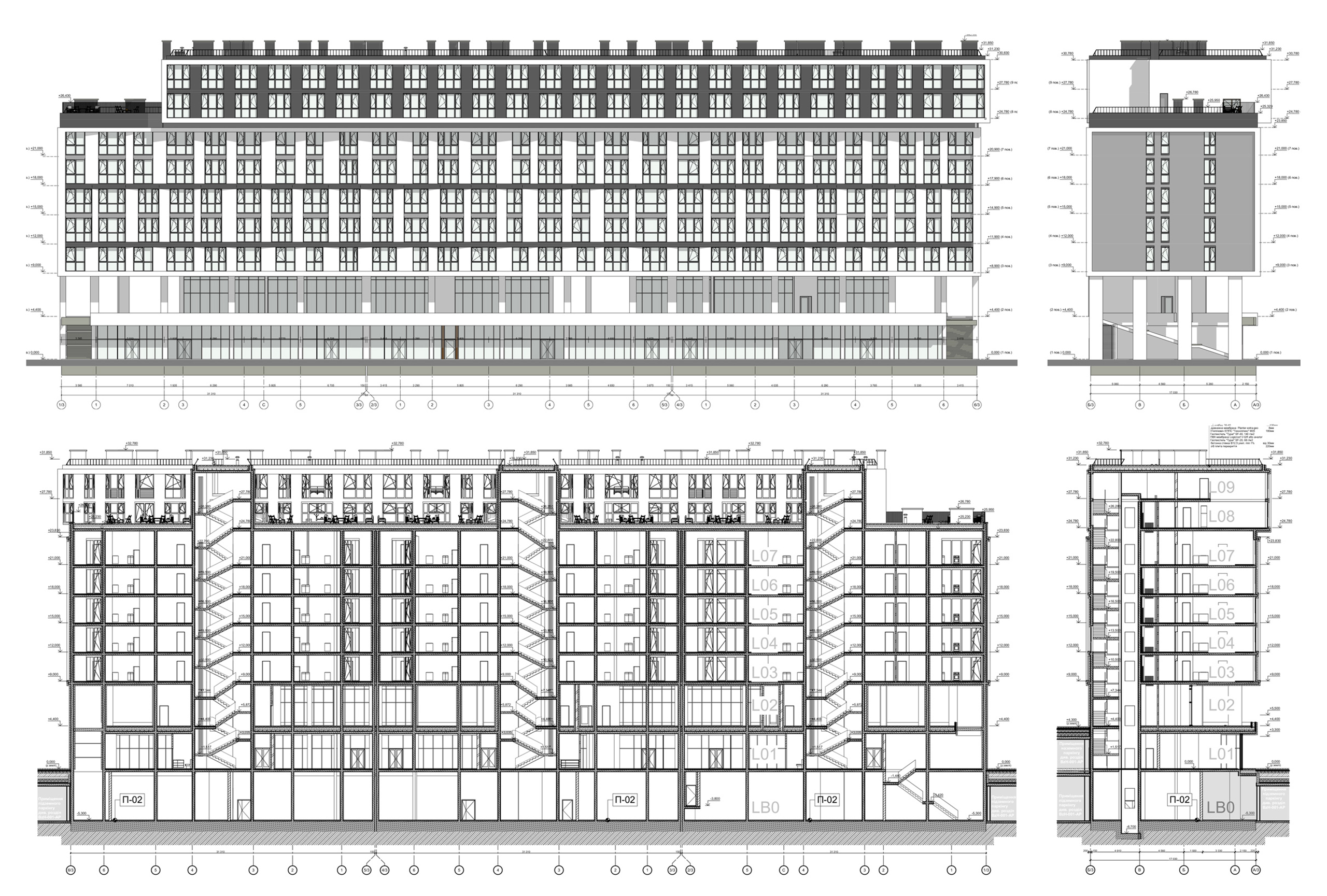
Why Adopting BIM is Non-Negotiable for Forward-Thinking Firms
Unlocking the Full Potential: The Benefits of BIM in Construction Management
Building Information Modeling (BIM) has unequivocally revolutionized construction management by enhancing the way professionals approach the building lifecycle at every stage. It is imperative for industry leaders to recognize that BIM is not just an optional tool but a necessity for staying competitive in today’s fast-paced environment. By integrating comprehensive data management and visualization capabilities, BIM enables project teams to streamline processes, reduce errors, and improve collaboration. This technological advancement drives efficiency by allowing stakeholders to make informed decisions swiftly, ultimately leading to cost savings and higher quality outcomes. Embracing BIM is crucial for those who aim to be at the forefront of innovation in construction management.
Architects, engineers, contractors, and owners are just a few of those who can contribute to and access real-time information in a centralized digital environment created by BIM, which promotes improved collaboration. Traditionally, construction projects involved separate teams working on different aspects of a design, often resulting in conflicting or misinterpreted changes. BIM solves this problem by integrating all inputs into a single model, ensuring everyone always has access to the most recent information and reducing the potential for costly errors and delays.
This unified approach not only streamlines communication but also enhances project efficiency by allowing stakeholders to quickly identify and address issues before they escalate. As a result, BIM fosters a more synchronized workflow, where decisions can be made confidently based on comprehensive data analysis. By leveraging this technology, construction professionals can achieve higher accuracy in planning and execution, ultimately delivering projects on time and within budget while maintaining quality standards.
Here’s a detailed exploration of the significant benefits BIM offers in construction management, showcasing how it has transformed the industry:
Enhanced Collaboration and Communication:
BIM facilitates a unified platform for all project stakeholders to share and access information. This enhancement drastically improves collaboration and communication, reducing misunderstandings and ensuring that everyone is on the same page, from architects to engineers to contractors. and beyond. By centralizing data and streamlining workflows, BIM eliminates the silos that often lead to project delays and cost overruns. It empowers stakeholders with real-time updates, ensuring decisions are made with the most current information available. This proactive approach not only boosts efficiency but also enhances the quality of the final output. When everyone is equipped with accurate data, projects are completed faster, budgets are adhered to more strictly, and overall satisfaction among clients and team members increases significantly. It’s time for all industry players to recognize BIM as an indispensable tool in modern construction management.
Improved Visualization and Design Accuracy:
With BIM, stakeholders can visualize architectural projects in a virtual environment, allowing for greater accuracy in design. This capability helps in making informed decisions early in the design phase, which can significantly reduce the need for rework.
Advanced Clash Detection and Conflict Resolution:
BIM software excels in identifying potential clashes and conflicts between different systems (structural, MEP, etc.) before physical construction commences. Solving issues digitally saves valuable time and resources during construction.
Efficient Project Scheduling with 4D BIM:
Integrating time-related data into BIM enables 4D scheduling, which links project phases directly with the 3D model. This visualization of project timelines improves overall project management, helping teams understand the impact of each phase on the construction schedule.
Accurate Cost Estimation with 5D BIM:
BIM extends its functionality to cost estimation by integrating budgetary considerations into the 3D model, resulting in 5D BIM. This integration allows for more accurate and dynamic costing that adjusts as project details evolve, providing a reliable financial overview from start to finish.
Sustainability and Resource Optimization:
BIM supports sustainable building practices by allowing for more precise materials tracking and waste management during construction. Additionally, it aids in the creation of energy-efficient buildings through simulation and analysis tools that optimize energy usage and sustainability.
Facility Management and Building Lifecycle Management:
Post-construction, BIM models are invaluable for facility management, offering detailed insights into building systems and allowing for efficient maintenance and management throughout the building’s lifecycle.
Enhanced Safety Management:
BIM contributes to safety management by predicting potential safety hazards during the design and planning stages. This proactive approach helps in implementing safety measures beforehand rather than reacting to incidents during construction.
Data-Driven Decision Making:
BIM provides a rich dataset that stakeholders can use to make informed, data-driven decisions. This capability not only enhances the quality of the project but also bolsters confidence in the outcomes.
Flexibility and Scalability for Complex Projects:
BIM offers unmatched flexibility and scalability, making it ideal for managing complex projects. Its robust framework can handle the intricacies and unique challenges of large-scale projects, ensuring smooth execution and delivery.
Conclusion:
BIM has not merely improved construction management; it has redefined it. By embracing BIM, the construction industry can achieve higher efficiency, better performance, and more sustainable outcomes. Its comprehensive benefits—from initial design to facility management—underscore its fundamental role in modern construction practices. As technology continues to evolve, the integration of BIM in construction projects stands as an essential strategy for success, driving innovation and excellence across all phases of the construction lifecycle.



